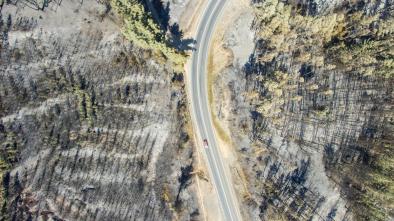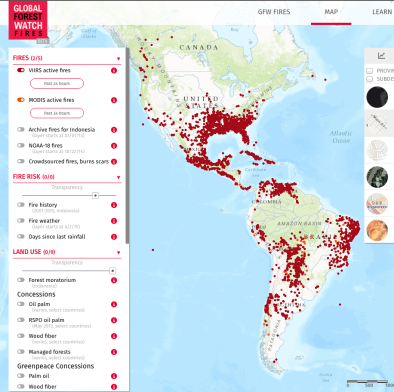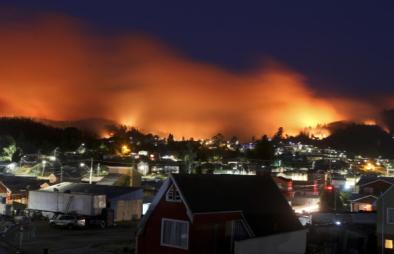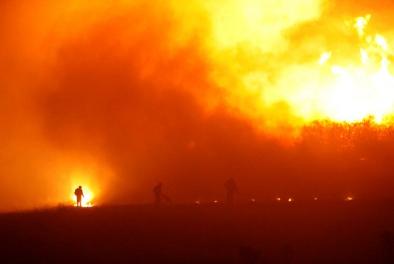"Dante's Inferno" in Chile: All-Time National Heat Record Smashed by 6°F
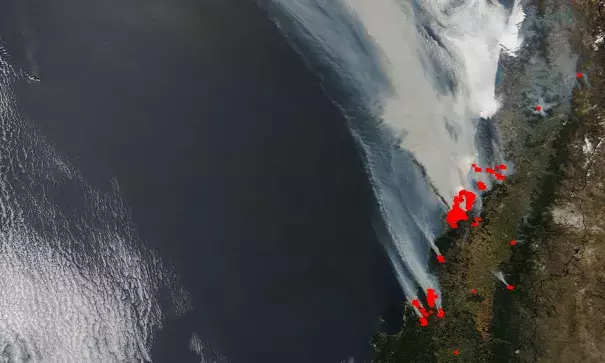
The first all-time national heat record of 2017 was set in spectacular fashion on Thursday in Chile, where at least twelve different stations recorded a temperature in excess of the nation’s previous all-time heat record—a 41.6°C (106.9°F) reading at Los Angeles on February 9, 1944. According to international weather records researcher Maximiliano Herrera, the hottest station on Thursday was Cauquenes, which hit 45.0°C (113°F). The margin by which the old record national heat record was smashed: 3.6°C (6.1°F), was extraordinary, and was the second largest such difference Herrera has cataloged (the largest: a 3.8°C margin in New Zealand in 1973, from 38.6°C to 42.4°C.) Herrera cautioned, though, that the extraordinary high temperatures on Thursday in Chile could have been due, in part, to the effects of the severe wildfires burning near the hottest areas, and the new record will need to be verified by the weather service of Chile.
...
Central Chile is enduring a decades-long megadrought that began in the late 1970s, with precipitation declines of about 7% per decade. According to a 2016 study by Boisier et al., "Anthropogenic and natural contributions to the Southeast Pacific precipitation decline and recent megadrought in central Chile", this drought is unprecedented in historical records. While at least half of the change in precipitation can be blamed on natural causes, primarily due to atmospheric circulation changes from the Pacific Decadal Oscillation, the authors estimated that a quarter of the rainfall deficit affecting this region since 2010 was due to human-caused climate change.
Related Content
